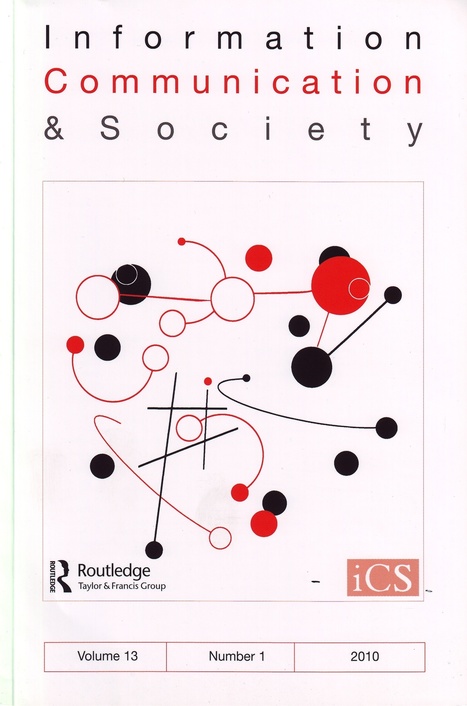“The favelas are emerging as “symbolic capital”, as “wealth”, and as “commodities” in cities like Rio de Janeiro, Brazil. They are no longer the place of “excluded” non-subjects, as in some imaginaries and discourses, but rather a cyber-periphery, a place of “wealth in poverty” fought over by Nike, Globo Network Television, and the State, as well as laboratories for subjective production. The black bodies of the favelas, the possibilities for co-operation without hierarchy, the invention of other times and spaces (on the streets, in dancehalls, LAN centers, and rooftops) are all subjected to forms of appropriation, just like anything else in capitalism. However, the favelas are no longer seen simply as “poverty factories”, but rather a form of capital in the market of symbolic national and local values, having been able to convert the most hostile forces (poverty, violence, states of emergency) into a process of creation and cultural invention.”
 Your new post is loading...
Your new post is loading...














